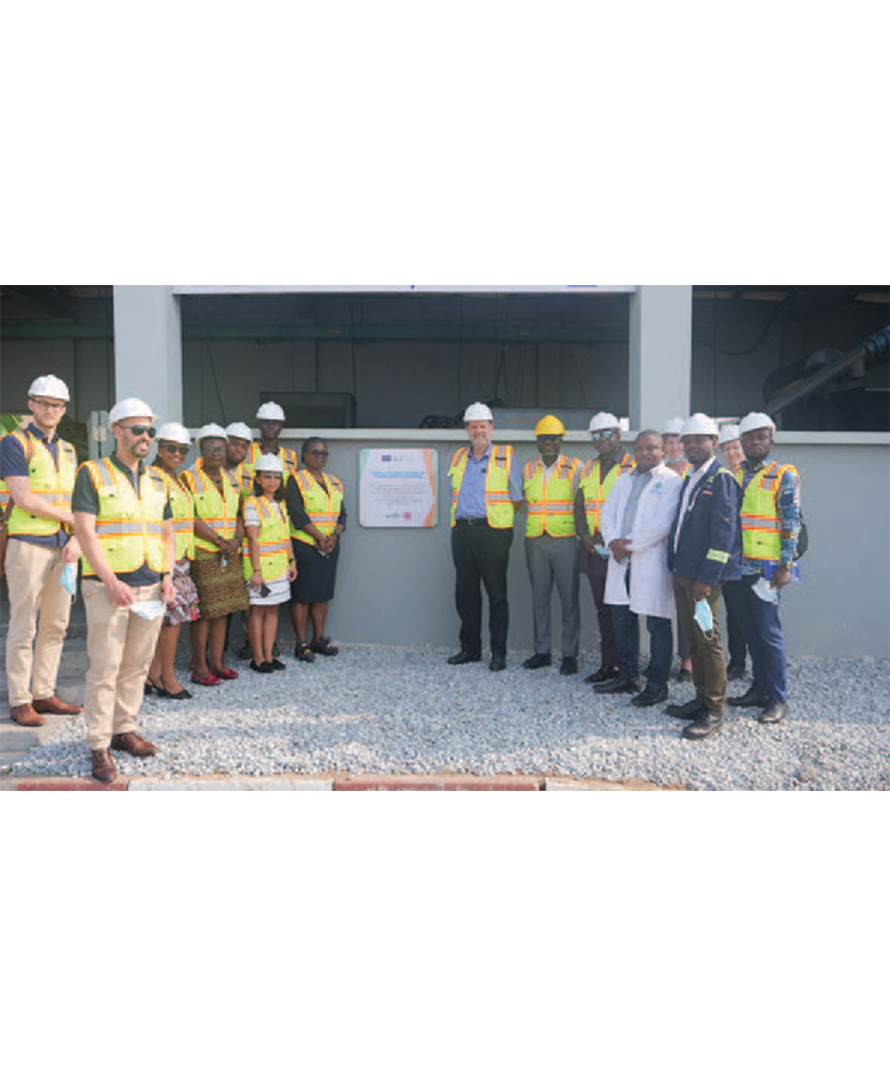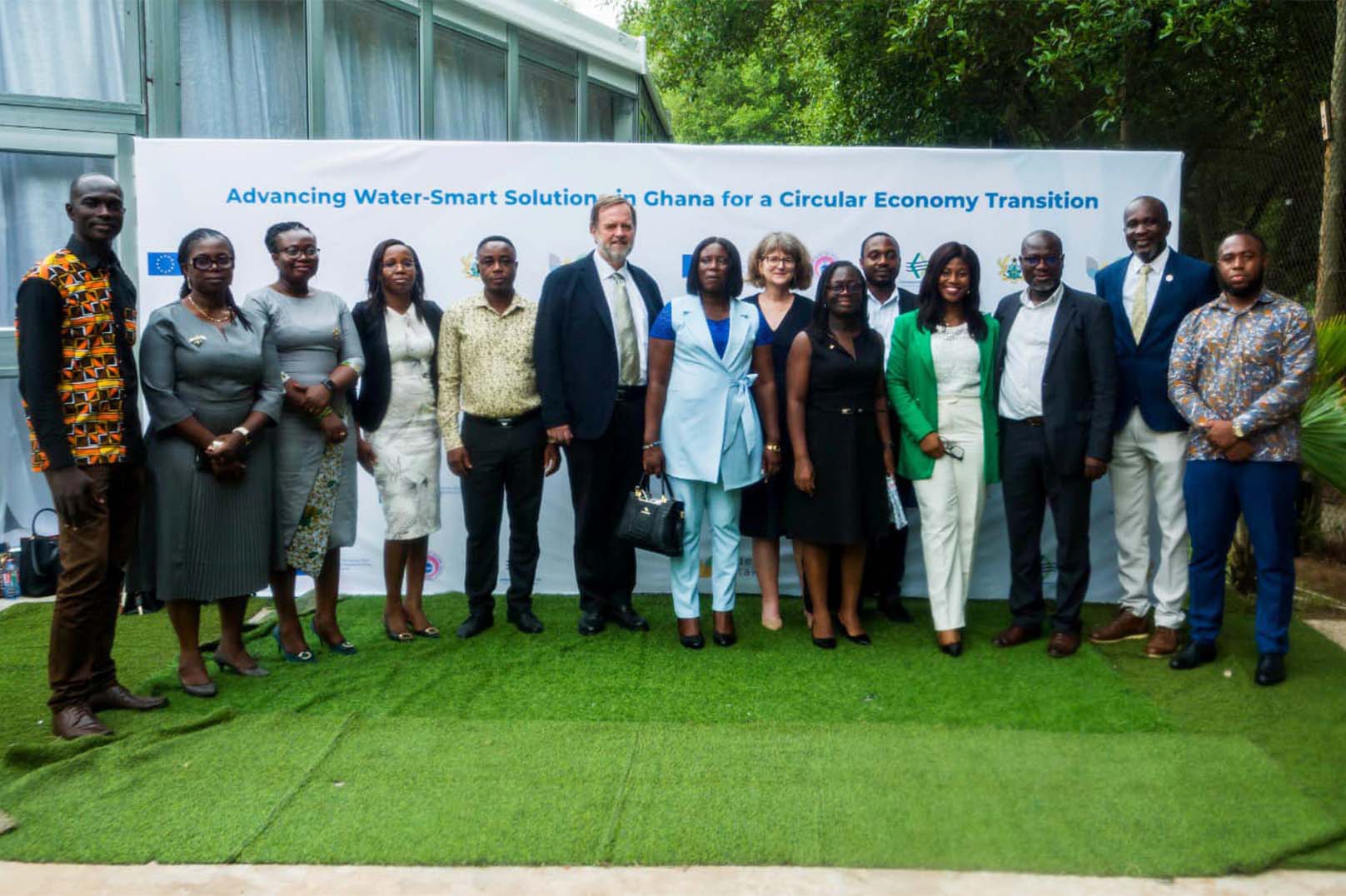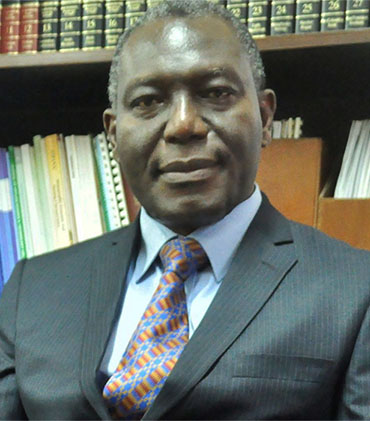WIDER UPTAKE
Project Detail
The overall objective of WIDER UPTAKE is to co-develop a roadmap for the widespread implementation of water-smart symbiotic solutions for wastewater reuse and resource recovery, based on the principles of circular economy.
- Specific CSIR Thematic area:Climate Change, Environmental Change and Green Economy
- Collaborating institutions/partnership: Sewerage Systems Ghana Limited
- Duration:54 months
- Funding source (donor):European Commission through Horizon 2020
Participating scientists (with PI)
Specific Objective
To achieve the overall aim, specifically, WU will:
- Demonstrate innovative technical solutions that optimize water reuse, resource recovery and energy utilisation in selected industry settings by e.g. running five demonstration case studies on innovative symbiotic solutions for wastewater reuse and resource recovery and optimisation of the value chains to quantify the improved resource efficiency and economic benefits, also to future applications;
- Facilitate wider uptake of watersmart solutions through governance assessment, design of innovative business models and identification of transition paths for industry – utility symbioses; and network development and stakeholder dialogue around the key findings and their implications, including the establishment of a roadmap for implementation of water-smart solutions in an open access Virtual Learning and Sharing Centre
Expected Outcome
Generally, it is known that the quality of food crops produced from untreated or partially treated wastewater in Accra is poor, with evidence of pathogens and heavy metals. Thus, a primary impact of the Ghana case will be to demonstrate the availability of alternative water to the untreated or partially treated wastewater currently used in urban agriculture in Accra and to reduce pressure on the amount of surface water used for irrigating urban agriculture. Replacing wood fuel used in kilns for burning in the textile and chemical industries in Ghana through improved recovery and dissemination of biochar to these industries will contribute to the expected impact.
Major Outcomes
- Successfully demonstrated water reuse for urban agriculture by recovering treated wastewater from the Mudor Treatment Plant and supplying it to urban farmers for irrigation.
- Successfully patterned with the private sector to produce biochar (a biomassbased biofuel produced from faecal sludge) and supplied the biochar to MSMEs for use in their production.
- Produced a Governance Assessment Tool and report for circularity in the wastewater sector (see report here).
- Produced a Book titled: Current Developments in Biotechnology and Bioengineering: Smart Solutions for Wastewater: Road-mapping the Transition to Circular Economy
- Development of a business model for promoting circular economy solutions in the water sector.
Major policy action needed
National strategy to consolidate and drive circular economy initiatives, including for the water sector.











